If you ever find yourself in a situation where your water supply has run dry, you might glance at your swimming pool and wonder: Is that water safe to drink? The simple answer is, you should avoid it unless you’re absolutely out of options—and even then, it needs to be treated before it’s safe for drinking.
Your pool may be full of water, but it’s packed with chemicals like chlorine that are there to keep algae and bacteria at bay. Unfortunately, those same chemicals make it unsafe to drink straight from the pool.
Now, a small gulp of pool water here or there probably won’t make you sick, but turning to your pool as a primary water source in an emergency isn’t wise. The water might look crystal clear, but it’s treated with substances that set it far apart from what’s coming out of your tap.
If you ever need to drink pool water, you have to treat it first. Boiling, filtering, or using purification tablets can make it safer. Remember, your health is on the line, so always prioritize finding clean, drinkable water during an emergency.
What’s Really in Pool Water?
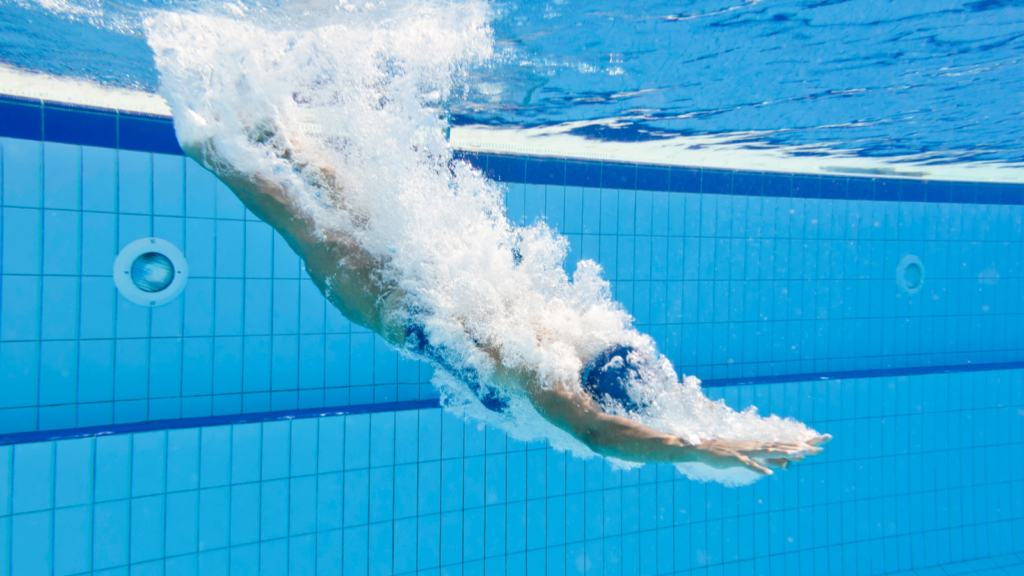
Before you consider sipping from the pool, it’s crucial to understand what’s actually in there. Pool water isn’t just about chemicals; there could be biological contaminants and other nasties you wouldn’t want to ingest. And if you’re dealing with a saltwater pool, the risks are even higher.
Chemical Concerns

Pool water is usually treated with chlorine or bromine to kill off bacteria and other harmful microorganisms. While these chemicals do a great job keeping the pool clean, they’re not meant to be consumed in large amounts.
Then there’s cyanuric acid, which helps stabilize the chlorine so it doesn’t evaporate as fast under sunlight. Saltwater pools, which use electrolysis to create chlorine, also carry similar risks. Pool water often contains higher levels of these chemicals than you’d ever find in drinking water.
Biological Contaminants
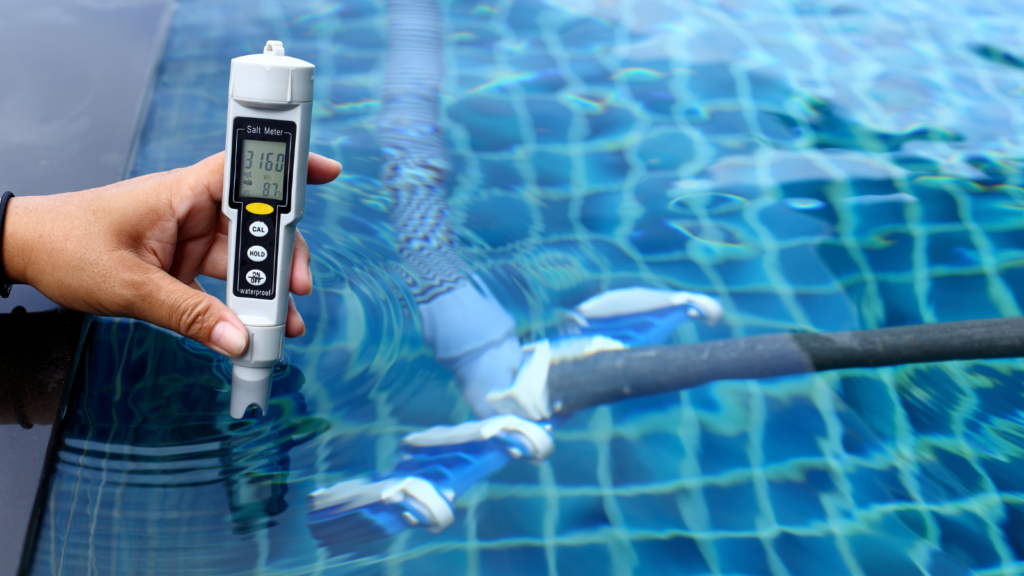
Even though pool water is treated, it can still harbor bacteria, viruses, dead skin cells, animal waste, and even fecal matter. Gross, right? And even with a good filtration system, you might not get rid of everything.
Sweat and urine introduce ammonia into the water, which can reduce chlorine’s effectiveness. This leads to the creation of chloramines—compounds that don’t disinfect as well. The more people swimming in the pool, the more likely you’re dealing with what I like to call “people soup.” It’s not a pleasant thought.
Physical Traits of Pool Water
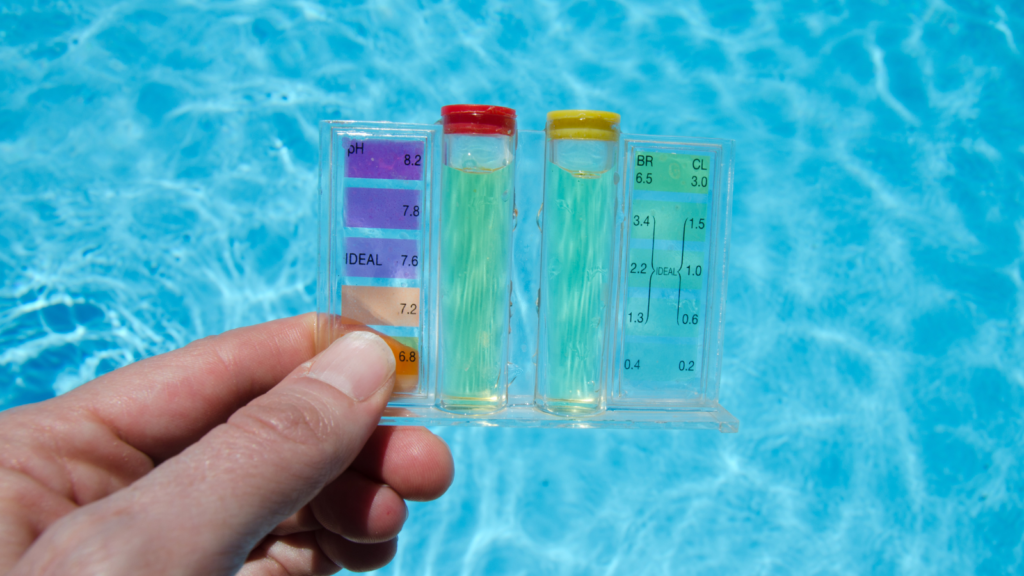
Pool water’s appearance—how clear it is, its color, or even its smell—gives you clues about what’s lurking inside. Clear water usually means your pool’s chemicals are balanced and the filter is doing its job. But if it looks cloudy or smells strange, that’s a sign something’s off, possibly due to contaminants or an imbalance in the chemicals.
Risks of Drinking Pool Water
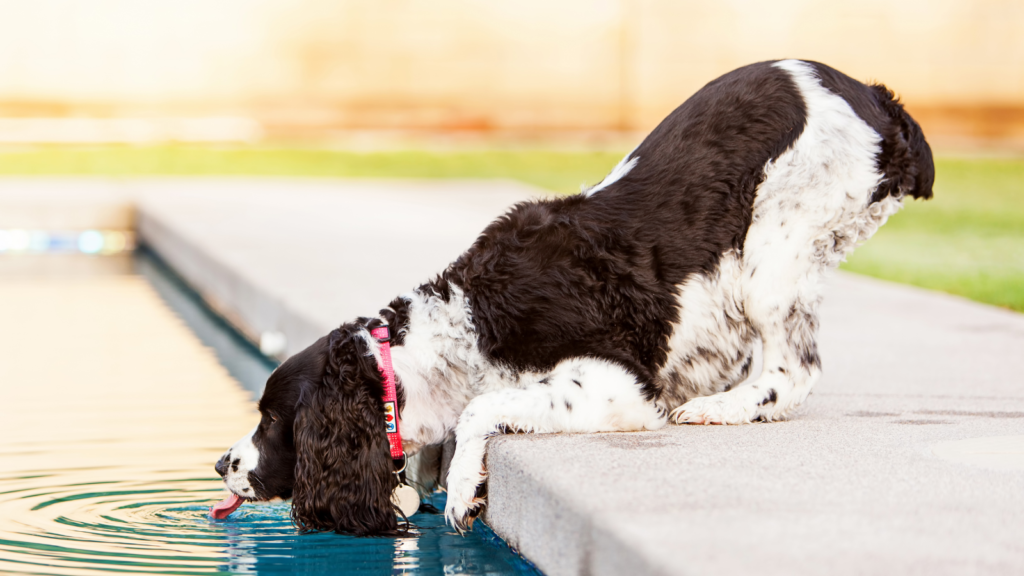
When you’re desperate for water, drinking from a swimming pool might cross your mind. But between the chemicals and possible pathogens, it’s not a good idea unless you treat the water first. The chemicals used to keep the pool clean and the microorganisms that could be hiding in it can seriously affect your health.
Chemical Exposure
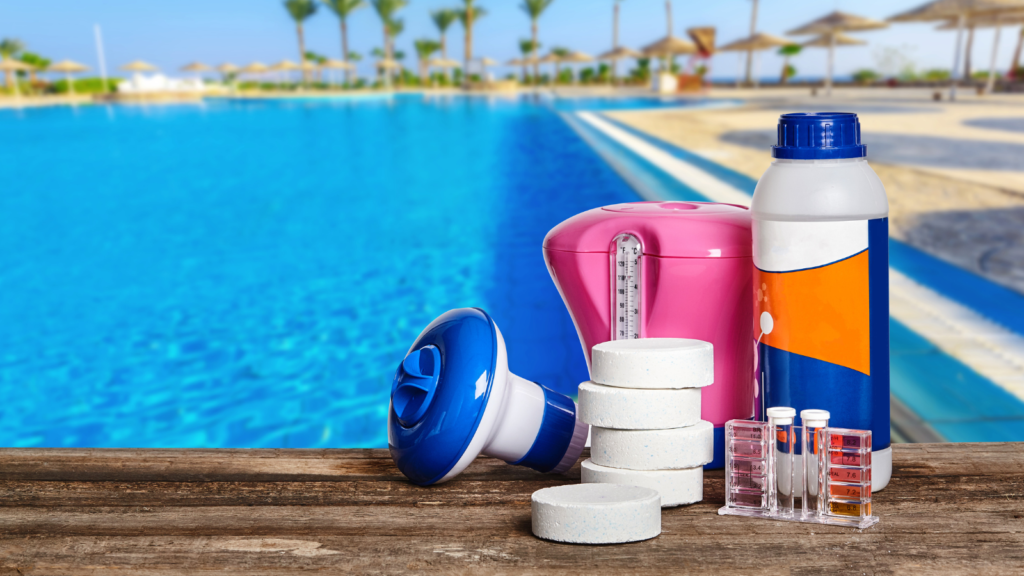
Pool water is full of chemicals like chlorine, and when chlorine reacts with organic material—like sweat or body oils—it can form harmful compounds called chloramines. Consuming water with high levels of chloramines could irritate your lungs and skin, and drinking it can be even worse.
Cyanuric acid, used to keep chlorine stable, can also become hazardous if consumed in large amounts. So while these chemicals are great for pool maintenance, they’re not something you want in your drinking water.
Waterborne Pathogens
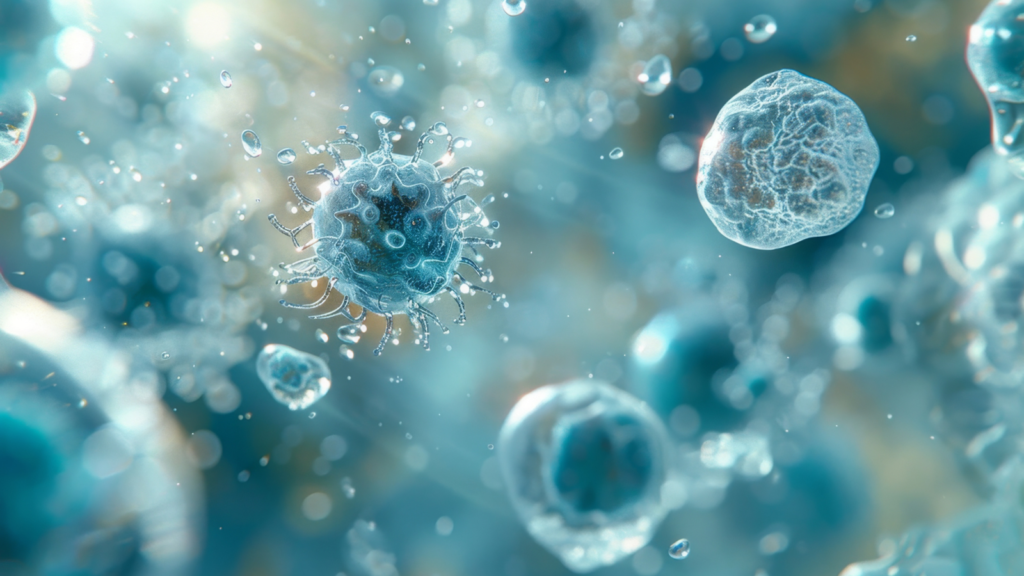
Even with chemical treatment, some pathogens can still survive in pool water. Two of the most concerning are Giardia and Cryptosporidium, both of which are highly resistant to chlorine. If you ingest water contaminated with these, you could face a serious gastrointestinal illness that causes dehydration, cramping, and diarrhea.
Emergency Water Options

In any crisis, having access to safe drinking water is key. When your regular water supply is unavailable, it’s vital to know what other options you have. While bottled water is your best bet, tap water or natural sources—if treated—are good alternatives. Always have a plan for storing water, and know where you can find more if you need it.
Using Pool Water as a Last Resort
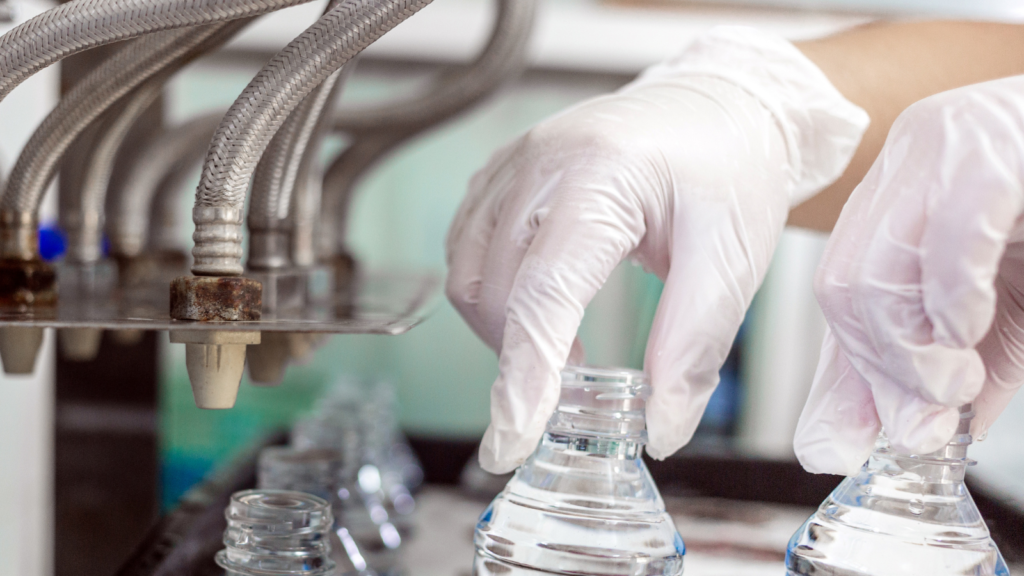
Your swimming pool could be a temporary water source, but only in extreme cases. The water will need significant treatment before it’s safe to drink, especially if it’s packed with chlorine or other chemicals. Distillation, using a water filter, or similar techniques are essential if pool water is your only option. That said, it’s much better to store and treat water ahead of time to avoid having to rely on your pool.
How to Filter Pool Water
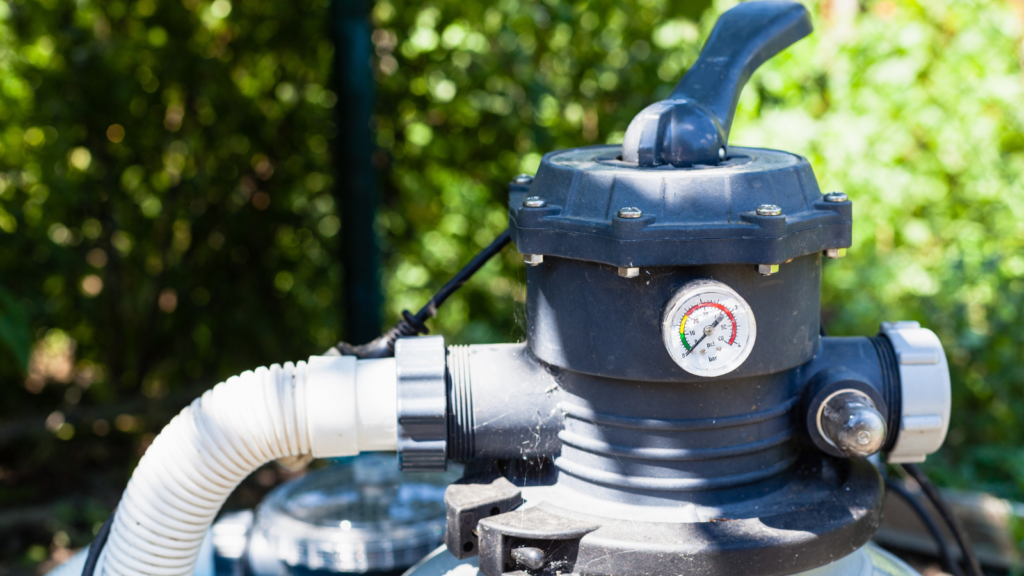
Start by filtering out large particles like debris. You can use a clean cloth, coffee filter, or paper towel for this. For more advanced filtration, consider using something like a LifeStraw or another portable water filter that can remove smaller contaminants, including pathogens.
Disinfecting the Water
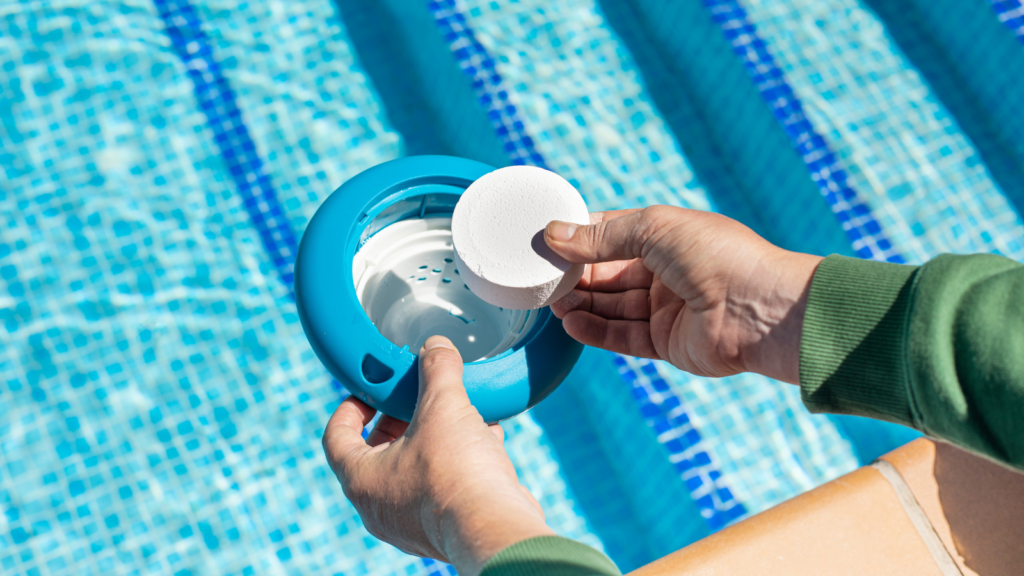
After filtering, you’ll need to disinfect the water to kill off any microorganisms. UV rays from sunlight can help, but chemical disinfectants like bleach, iodine, or chlorine dioxide tablets are more reliable. If using bleach, add around eight drops of 6% sodium hypochlorite per gallon of clear water, and let it sit for a while before drinking.
Boiling Pool Water
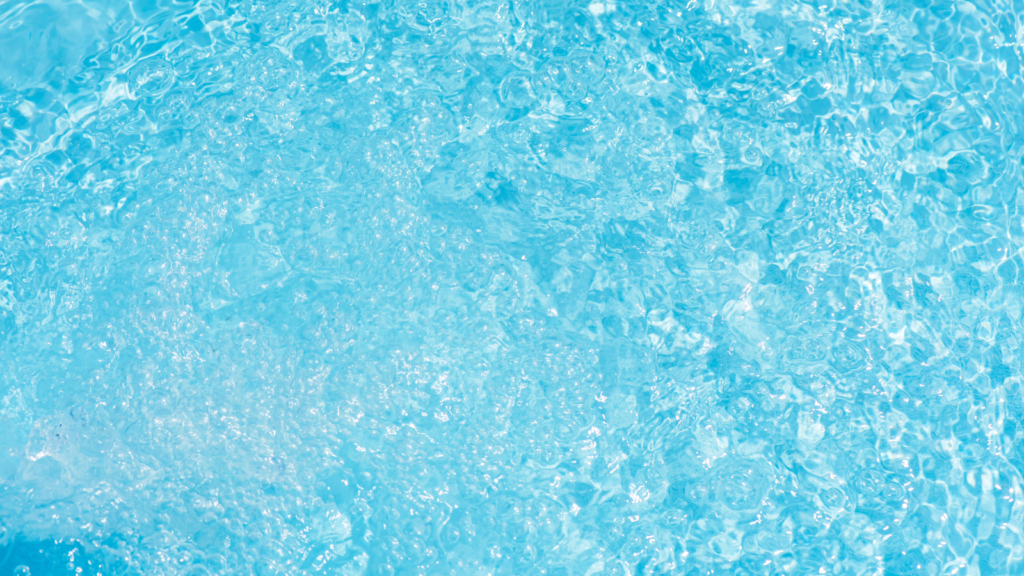
Boiling is one of the best ways to kill off most pathogens. Bring the water to a rolling boil for at least one minute, and if you’re at higher elevations (over 6,500 feet), boil it for at least three minutes. However, boiling won’t remove chemical contaminants, so this method should be combined with other treatments for the safest results.
Storing and Maintaining Pool Water
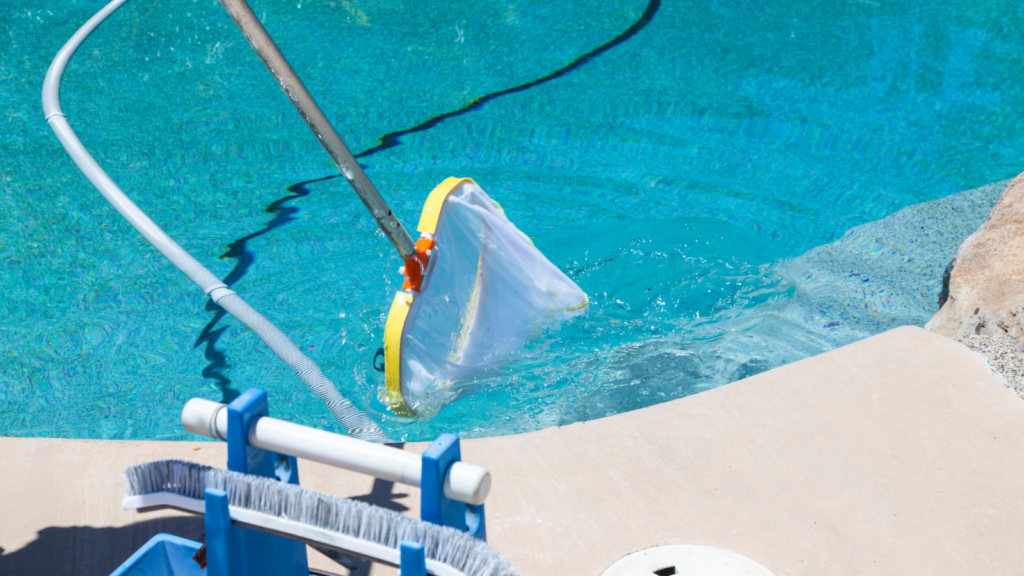
Keeping your pool in good condition could make it a more reliable emergency water source. Regularly check chlorine levels and maintain the pH balance. If you have a saltwater pool, make sure the salt cell stays clean. If you find yourself in a “boil water” situation, your pool water can be used for tasks like washing or as part of a water treatment system. Just make sure to have a generator ready to run the pump if there’s a power outage.
Essential Supplies for Emergency Water
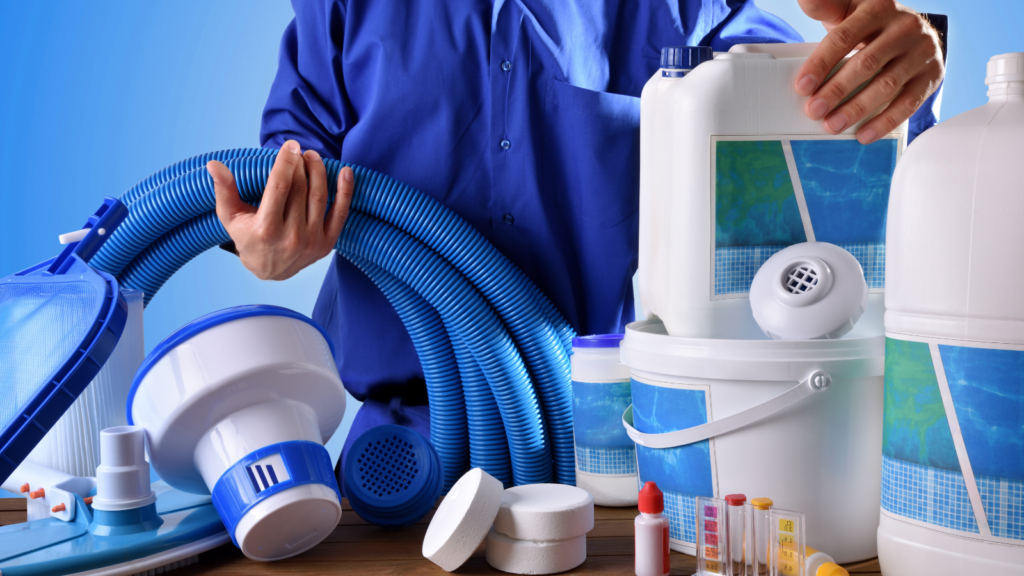
Bleach is a must-have for disinfecting water. Keep a supply on hand, along with other tools like a clean scoop, pots for boiling, and a few water storage containers. It’s also helpful to familiarize yourself with official guidelines, like those from the CDC, on how to properly treat water during emergencies.
Final Thoughts on Drinking Pool Water
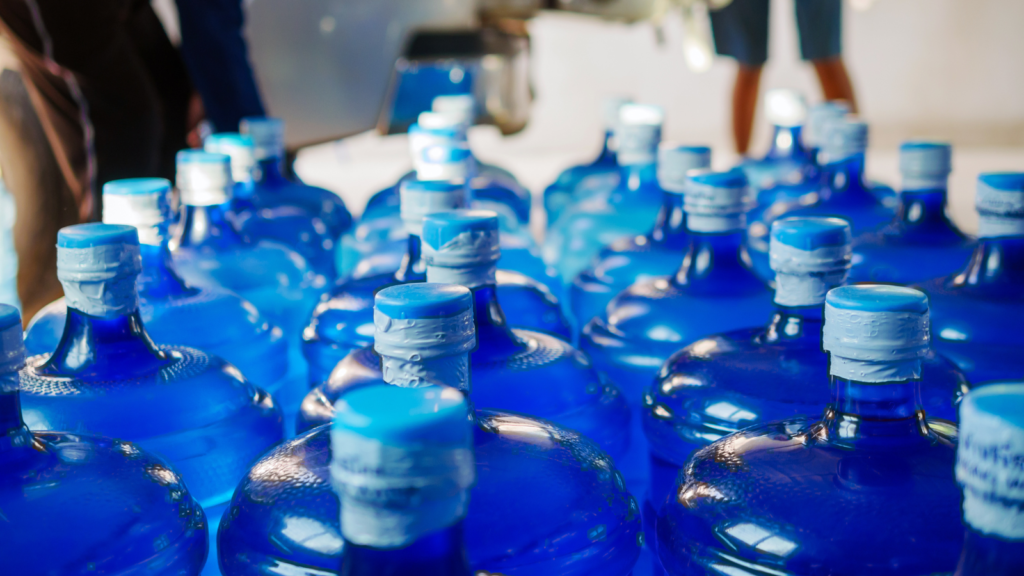
If you ever find yourself relying on pool water to stay hydrated, you need to follow strict steps to avoid any health risks. Treating and filtering the water properly will go a long way toward making it drinkable, but it’s still not an ideal solution. Always plan ahead and store clean water whenever possible—it’s a much safer bet than depending on your pool.

